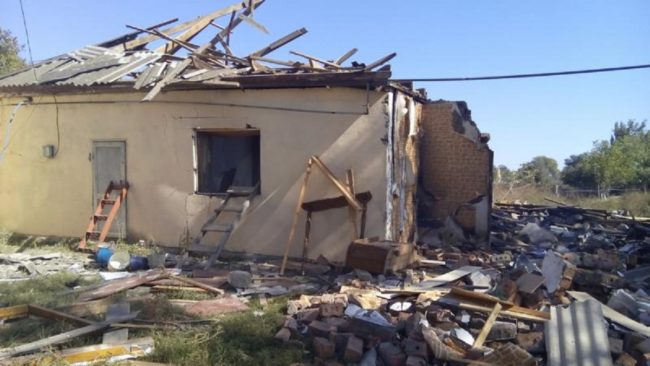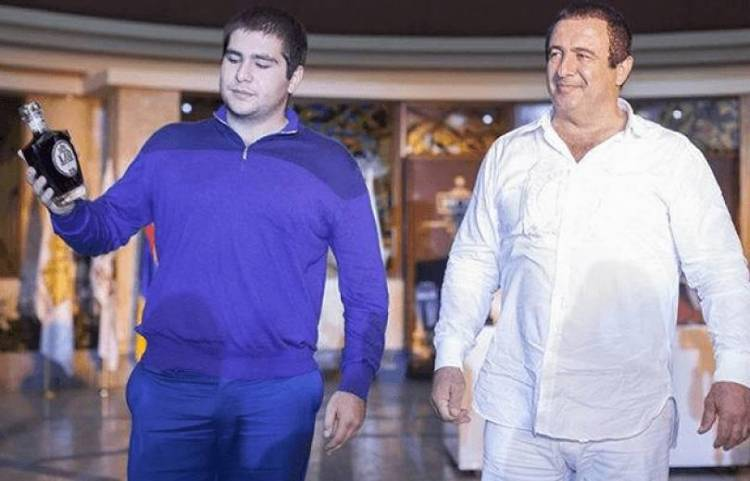
 On 1 October, Daghestani police blew up several houses belonging to the families of alleged militants, according to Russian rights group Memorial. The demolitions took place in the village of Bolshezadoyevskoye (Bolshaya Zadoyevka) in the northern Kizlyar District of Daghestan.
On 1 October, Daghestani police blew up several houses belonging to the families of alleged militants, according to Russian rights group Memorial. The demolitions took place in the village of Bolshezadoyevskoye (Bolshaya Zadoyevka) in the northern Kizlyar District of Daghestan.
The three suspected men whose relatives were targeted — Dzhumageldi Adzhiniyazov, Kamal Ibragimov, and Shamil Yusupov — were all in their late twenties. They were suspected by local authorities of killing a policeman, whose body was found on 30 September in the Kizlyar District. Adzhiniyazov and Ibragimov were killed in a counterterrorism operation on 1 October.
The authorities are still searching for the third man, Yusupov according to Caucasian Knot. They say he is a member of the same ‘militant group’ responsible for the policeman’s murder.
According to Yusupov’s parents, police visited their house on 30 September and showed them an improvised explosive device they claimed to have found in the house. The family were prevented from staying in the house overnight.
According to Memorial, the houses of Adzhiniyazov and Yusupov’s families were blown up by the authorities on the morning of 1 October, several hours before a counterterrorism operation regime was introduced in the area.
The rights group also writes that on the following day, police hung photographs of the slain bodies of Adzhiniyazov and Ibragimov on the gate of Yusupov’s destroyed home, which his father says is as a message that the same fate awaits his son.
Collective responsibility
The practice of applying collective responsibility to relatives of suspected militants has become widespread in neighbouring Chechnya.
In January, relatives of suspected militants were expelled from the town of Shali. In February, an expelled Chechen man was denied burial in Chechnya over the alleged involvement of his son in an attack on police in December 2016 in Grozny.
Numerous cases of mass expulsions and demolishing houses were reported in the aftermath of the December 2014 Grozny clashes between militants and the authorities.
In April, Chechen Head Ramzan Kadyrov argued for officially sanctioning collective punishment to solve ‘the problem of rebels and terrorists’ in Chechnya, as well Russia as a whole.
[Read on OC Media: Collective responsibility in Chechnya; an ineffective method of influence]
Memorial also reported instances of collective responsibility in Ingushetia in 2012 and 2016.




 9 October 2017
9 October 2017


